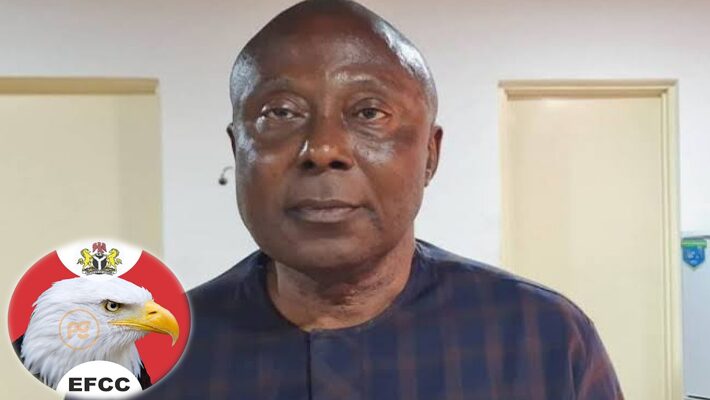- Commodities Exchange Seeks N500m Initial Capital
Promoters of the proposed Lagos Commodities and Futures Exchange (LCFE) have launched a private placement to raise N500 million initial capital for the takeoff of the new Exchange.
At a meeting in Lagos yesterday, promoters of the new Exchange under the aegis of the Association of Stockbroking Houses of Nigeria (ASHON) endorsed the N500 million private placement to flag off the Exchange.
The proposed Lagos Commodities & Futures Exchange is expected to trade in currency, commodities, oil and gas and solid minerals.
The Memorandum of the Private Placement indicates that 500 million ordinary shares of N1 each would be offered to investors at N1 per share. The net proceeds of the private placement will be used to fund the start-up and operational take-off costs, administrative and personnel costs of the LCFE as well as leasing of a trading platform for the trading of qualifying derivatives including options, futures and spots among others.
Several potential investors have already indicated interest in the LCFE, which they described as a laudable project that fits into the Federal Government’s diversification programme with special emphasis on agriculture.
Chairman, Association of Stockbroking Houses of Nigeria (ASHON), Mr Patrick Ezeagu said ASHON had worked tirelessly with its financial advisers, consultants, auditors and accountants to put together the Strategic Business Plan and Information Memorandum for the LCFE in order to provide investors with the basis for informed investment decision.
Vice Chairman, Association of Stockbroking Houses of Nigeria (ASHON), Mr Akin Akeredolu-Ale added that in order to ensure a seamless take-off of the Exchange, the Association had hired different consultants to confirm the depth of the market in terms of absorptive capacity for commodity and futures trading and models to run the Exchange in terms of strategy and the structure of the board to ensure compliance with corporate governance requirements.
According to him, all reports indicated that the proposed Exchange would be run professionally and profitably.
He noted that the private placement makes provision for strategic investors because the new Exchange requires huge capital outlay and know-how.
“The Exchange is a capital intensive project. It also requires investment in high technology. We need one or two institutional investors that have huge capital and also technology. Some institutional investors that meet these criteria are already showing interest. But by the structure that we shall adopt, there is no fear of marginalization of minority shareholders,” Akeredolu-Ale said.
A senior stockbroker and former President, Chartered Institute of Bankers of Nigeria (CIBN), Mr Okechukwu Unegbu commended ASHON for the initiative.
According to him, stockbroking firms should take advantage of the right of first refusal to invest in the project because it has potential for good returns.
He said that the fund raising’s Memorandum contained vital information that can help any investor that intends to participate in the project, noting that government had begun to build many silos to boost trading in commodity products as part of the diversification programme.
Representative of Meristem Securities Limited, Mrs Adejumoke Awolumate, who spoke extensively on the processes, benefits, critical success factors and other variables that would position the Exchange as a viable investment platform, assured investors that the Placement Memorandum contained all critical areas of investment decision on the project.


 Naira4 weeks ago
Naira4 weeks ago
 News3 weeks ago
News3 weeks ago
 Education4 weeks ago
Education4 weeks ago
 Social Media4 weeks ago
Social Media4 weeks ago
 Economy4 weeks ago
Economy4 weeks ago
 Investment4 weeks ago
Investment4 weeks ago
 Dividends4 weeks ago
Dividends4 weeks ago
 Business3 weeks ago
Business3 weeks ago




























